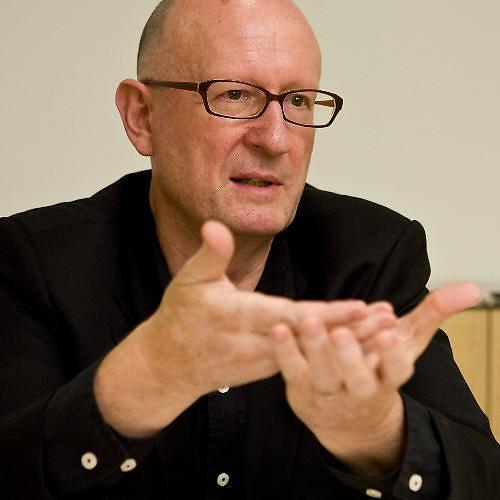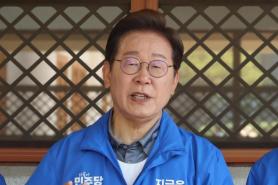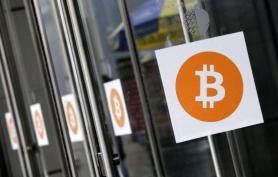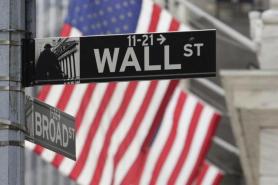
There are three aspects to this question and, while voters may place their emphasis on one rather than on the other two, all three are important.
The first concerns the ability of the leader to command respect on the Korean political
stage and as Korea’s representative on the international stage. A leader needs to have ideas, be persuasive and able to navigate difficult times.
We may look back in history and recall how some were impressive at home but made us
feel embarrassed when we saw them in the group photo with G20 leaders or shaking hands with the American president in the White House. We may also remember presidents who gave us the opposite feeling. They spoke foreign languages and could talk as equals with foreign leaders but lacked command at home.
The second aspect concerns a vision for the country that is relevant, plus the philosophy
and principles and the ability to articulate them. We want a president who has a program to implement, not just someone who wants to have power and then will passively let his subordinates suggest policies.
It is hard to judge if a candidate is active or passive in this regard. We should beware of
the candidate who lists up a series of tactics – “I will do this” and “I will do that” – but lacks the strategic framework that shows us why the promised policies and projects are timely and important and who gives us confidence that they will actually happen.
The third aspect concerns the mistakes of the outgoing president. We don’t want someone who is going to repeat these.
With these three things in mind, let us consider some of the current candidates. At this
writing, the frontrunner is Lee Jae-myung, the leader of the major opposition Democratic Party (DP). As the leader of the successful drive to oust Yoon Suk-yeol, he is already looking presidential.
Conservatives may not like him, for reasons of personality, pending criminal cases, and the behavior of his party in the National Assembly. But a leader is never loved by everybody and these issues do not prevent Lee from being clearly in charge of the DPK and thus having a strong position on the national political stage.
Lee may not speak any foreign languages and may not be that focused on international relations, but provided that he chooses good people, this will not mean he cannot represent Korea well.
We don’t yet know who his opponent will be from the ruling party. Some conservatives want Han Duck-soo, the prime minister and acting president, to run. A former ambassador to the United States, minister of trade and economy, and prime minister under Roh Moo-hyun, he should be a good representative internationally. What may we say regarding the vision and election promises of the candidates? This is harder to figure because we have to look beyond what the candidates say in press conferences and try and figure what they are likely to do in reality.
For example, Lee Jae-myung says he will transform South Korea into a “first mover” on the global stage. “We must revive our stalled economy,” he said. We are now entering a “decisive period that will determine the nation’s fate,” and we need a “paradigm shift from copying other countries to leading them,” he said.
To be honest, every candidate might end up saying that. Han Dong-hoon, former PPP leader and a candidate for its nomination, said that, if elected, he would have a “two-year future growth plan instead of the past five-year cycle to keep pace with the fast-changing era.” He promised to nurture robotics, semiconductors, energy, and bio industries, build five megacities, reduce income tax, create an economic NATO, and achieve per capita income of $40,000.
Again, other candidates could draw up a list like that. In fact, in the next few days we can expect to hear similar pledges from Labor Minister Kim Moon-soo, Daegu Mayor Hong Joon- pyo, and Gyeonggi Province Governor Kim Dong-yeon.
The third way of assessing the candidates – making sure they will not repeat the same mistakes as President Yoon depends on what we think Yoon’s main weakness was. The most obvious one, as evidenced by his unexpected decision to declare martial law, was political inexperience. We may be quite sure that if Yoon had been a politician instead of a prosecutor for a decade or two before becoming president, he would not have resorted to such a shocking and undemocratic tactic to deal with the opposition party’s misbehavior in the National Assembly.
This lesson requires us to rethink our attitude to politicians. For some reason, we hold elected politicians in very low regard, so low, in fact, that the instinct with each presidential election is to want to find a “white knight,” a hero untainted by politics who will ride in on his horse and rescue us. This sentiment in this century has been behind the popularity of Chung Moon-joon, Ahn Chul-soo, and Yoon Suk-yeol. It is perhaps time that we showed more respect for our experienced politicians and elected the most qualified of them this time to lead the nation through the remainder of this tumultuous decade.
Copyright ⓒ Aju Press All rights reserved.




